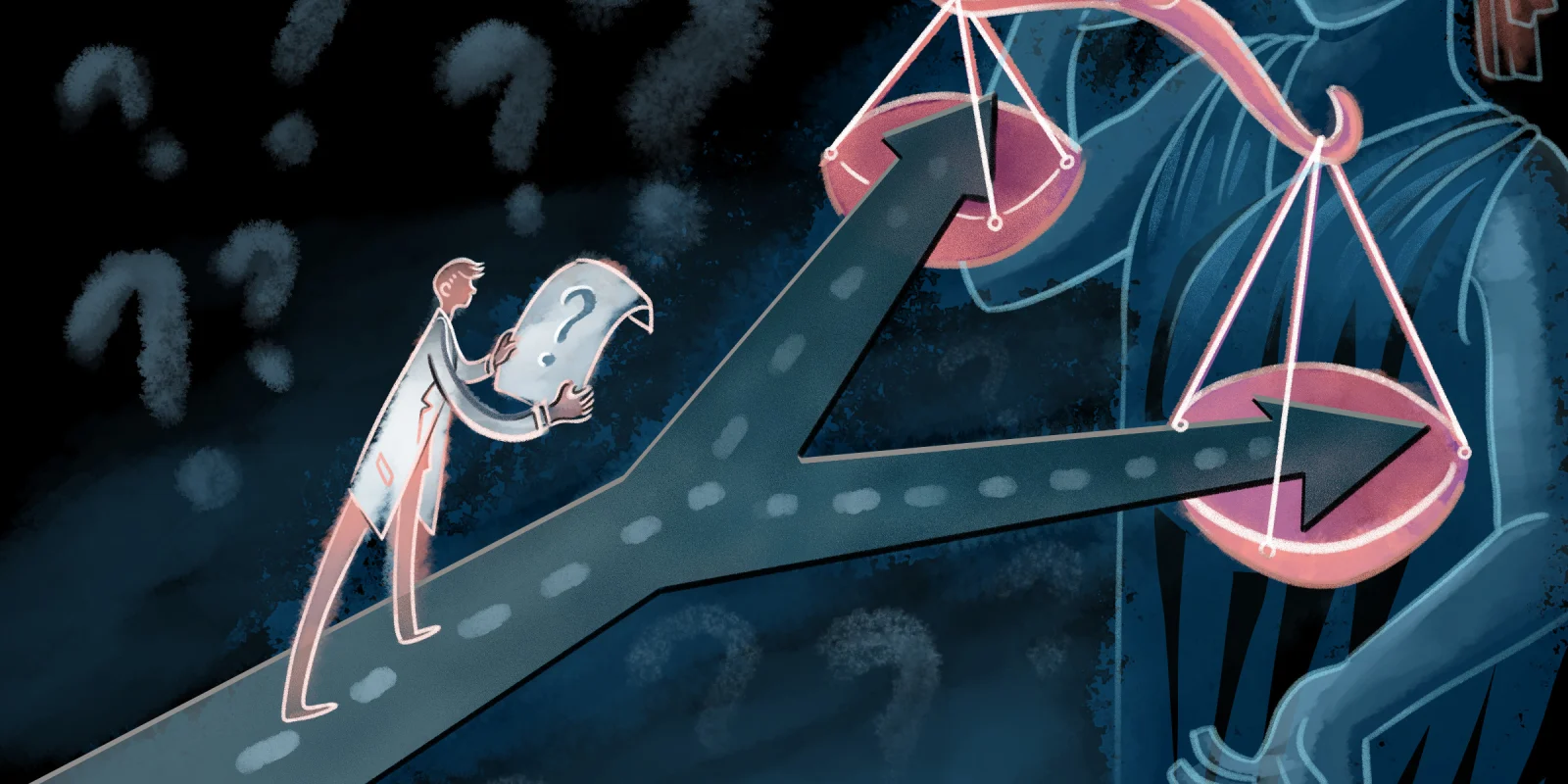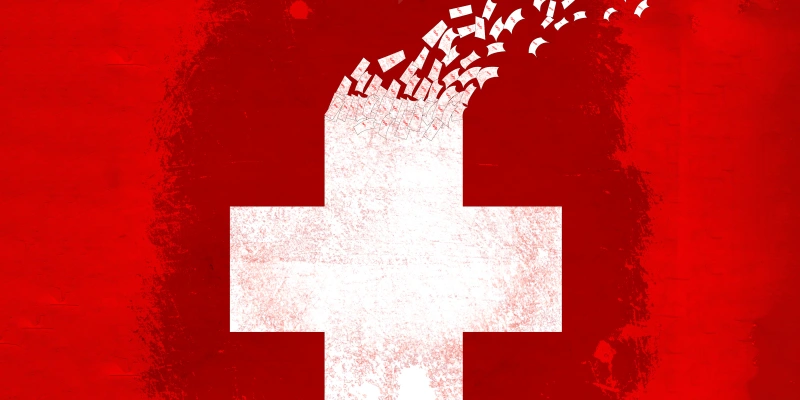
We find ourselves weeks into a pandemic we saw coming from clear across the globe. Yet facilities are running out of masks, gowns, gloves, ICU beds, ventilators, and even certain medications. We hear stories almost daily about stressed and tired doctors pressed to make difficult and often heartbreaking choices regarding which patients receive life-saving resources when the overwhelming demand exceeds the supply. There is another scarce resource that is receiving less attention: the physician’s decision-making capacity.
The very ability to make sound and ethical decisions is valuable. Our frontline health care workers are undertaking a physically and emotionally exhausting task. They are putting their lives and their families at risk by working without appropriate PPE. They are bombarded by constantly shifting hospital policies, CDC recommendations, and treatment protocols.
Health care providers are worried, hungry, sleep-deprived, and burned-out. As our coworkers develop symptoms and staff rosters dwindle, providers take on extra shifts. The state of New York has even lifted restrictions on work hours for resident physicians beyond the already grueling 80 per week. These are precarious conditions for making equitable and just decisions on behalf of our patients.
The literature in psychology and neuroscience shows that conditions of stress which mark disasters can undermine the decision-making process. Stress predisposes clinicians to decision strategy errors, such as coming to conclusions too quickly — a phenomenon called “premature closure.” For example, with a unit overwhelmed with COVID-19 cases, will we incorrectly assume that a patient struggling to breathe has the virus? Might we overlook other causes, such as blood clots in the lungs, that we would have considered were we not amidst a pandemic?
Even more important than missed diagnoses, stress alters our ethical decision-making capacity. Simulated conditions of stress lead to fewer utilitarian and altruistic decisions among study participants. In other words, people who are stressed are less likely to make decisions in the interest of the greater good.
In a disaster, the combination of inconsistency and decreased utilitarianism may produce an unfair allocation of lifesaving resources. Our most vulnerable populations seem to be impacted disproportionately during disease outbreaks, and we must guard against exacerbating pre-existing disparities with inconsistent or inequitable decision-making during the COVID-19 pandemic.
When patients at greatest risk of severe complications and death include the elderly and people with chronic conditions, such as asthma, diabetes, obesity, and hypertension, that disproportionately impacts poorer communities and people of color, health care systems have to promote community trust. This mandate includes eliminating barriers to real and perceived injustices. In a disaster, it starts with developing tools based on ethical frameworks to support decision-making by frontline providers.
While these ethical frameworks often receive criticism because they involve various degrees of rationing, they seldom articulate the necessity of developing protocols. Without plans that are well-considered in advance, rationing decisions will be made if crisis conditions arise. Then, ad hoc decisions will be made by clinicians under stressful conditions.
These decisions cause moral distress that haunts health care workers for years afterward. We second-guess ourselves. We’re exposed to more than criticism. After Hurricane Katrina, health care workers were arrested and charged with second-degree murder for the devastating decisions they were forced to make regarding resource allocation, uncertain evacuations, and administration of sedating medications to relieve patient suffering while stranded for days in a hospital cut off by floodwater.
Crisis protocols must also uphold a duty of mind, an obligation to help frontline providers make critical decisions with the greatest possible clarity. After all, health care providers are living through the very same disasters as their patients while being expected to make clinically and ethically complex decisions. We think about our patients while thinking about our own safety and the safety of our families. We are deluged by new information each and every day. The right decision in a crisis might not feel right. But it must be fair and just. We must preserve a duty of mind in frontline providers.
Resource allocation guidelines can help relieve the moral burden on physicians. We can take solace in knowing that difficult decisions at least align with ethically sound recommendations from a group of people who had the luxury of time, thoughtful contemplation, and critical dialogue. For the patients and communities we care for, these guidelines should provide a measure of solace as well. Tough decisions are unavoidable in a crisis such as COVID-19, but that doesn’t mean they can’t also be equitable, consistent, and transparent.
Caitlin Ryus, MD, MPH is a third year emergency medicine resident at Yale New Haven Hospital in New Haven, CT. She received her MD from Alpert Medical School of Brown University and her MPH from Columbia University’s Mailman School of Public Health.
Jay Baruch, MD, is an ER physician and Associate Professor of Emergency Medicine and director of the medical humanities and bioethics scholarly concentration at the Alpert Medical School of Brown University.
Illustration by April Brust
Click here to see more perspectives on COVID-19 from the Doximity network.
Click here for up-to-date news about COVID-19 on Doximity.






